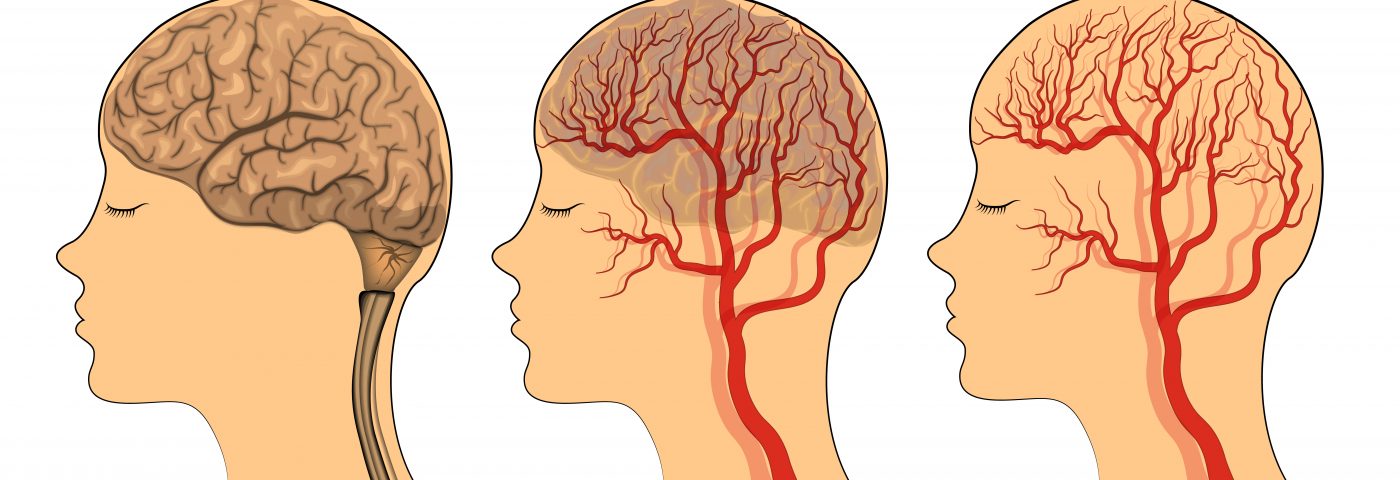Peripheral neuropathy — damage to the peripheral nerves characterized by a feeling of tingling and pain in the hands and feet — is a common symptom of adrenomyeloneuropathy (AMN), the adult-onset form of adrenoleukodystrophy (ALD). Such damage also is seen in female carriers of ALD.
Here are a few tips on managing the symptoms of peripheral neuropathy if you have been diagnosed with ALD.
Ensure proper nutrition
Proper nutrition is essential to combat peripheral neuropathy. Make sure you have a low-fat diet rich in thiamine, protein, and antioxidants. This includes lots of fruits, vegetables, and whole grains. Also, try to limit alcohol consumption or quit altogether.
Avoid smoking
Smoking can constrict the blood vessels supplying nutrients to the peripheral nerves, which can result in increased neuropathic pain. Don’t start smoking, and if you do, quit. It is important to quit smoking at the earliest possible time, especially if you are also at risk of diabetes. Consult your doctor if you are having trouble.
Exercise regularly
Light-to-moderate exercise is a great way to manage stress, maintain physical fitness, and ensure emotional well-being, all of which can help combat peripheral neuropathy. However, be sure to consult a physiotherapist or an occupational therapist before starting any exercise regimen to avoid potential injuries.
Massage your hands and feet
Massaging your hands and feet improves circulation, stimulates nerves, and can relieve pain temporarily. You can massage them yourself regularly or take help from a caregiver. Do not apply excess pressure while massaging and make sure not to sit cross-legged or put pressure on your elbows for long periods of time.
Prioritize your daily activities
It is important to prioritize your activities for the day so you can avoid last-minute rushing and have adequate time for rest. If needed, use aids and adaptations that can help with performing your daily activities with greater ease.
Ask for support when in need
Pain caused by peripheral neuropathy can affect your daily activities. Do not hesitate to ask for support from family and friends when needed. It also is a good idea to be a part of ALD support groups, which are great resources for tips on how to manage pain as well as a way to network with other patients, clinicians, and caregivers.
Get proper sleep
Sleep disturbance or insomnia is a common side effect of peripheral neuropathy. You can take several steps to ensure that you get a proper night’s rest, such as keeping your bedroom at the right temperature, ensuring your bed is comfortable, and not allowing any distractions like a TV or a computer interfere with your sleep. Listening to relaxing music or an audiobook before going to sleep also can help.
Consult your doctor before taking medications
Medications used to treat peripheral neuropathy, including non-steroidal anti-inflammatory drugs (NSAIDs), anti-seizure medications, and anti-depressants, can cause several side effects. Thus, it’s important to take them only under your doctor’s supervision.
Last updated: Feb. 19, 2020
***
Adrenoleukodystrophy News is strictly a news and information website about the disease. It does not provide medical advice, diagnosis, or treatment. This content is not intended to be a substitute for professional medical advice, diagnosis, or treatment. Always seek the advice of your physician or other qualified health provider with any questions you may have regarding a medical condition. Never disregard professional medical advice or delay in seeking it because of something you have read on this website.


